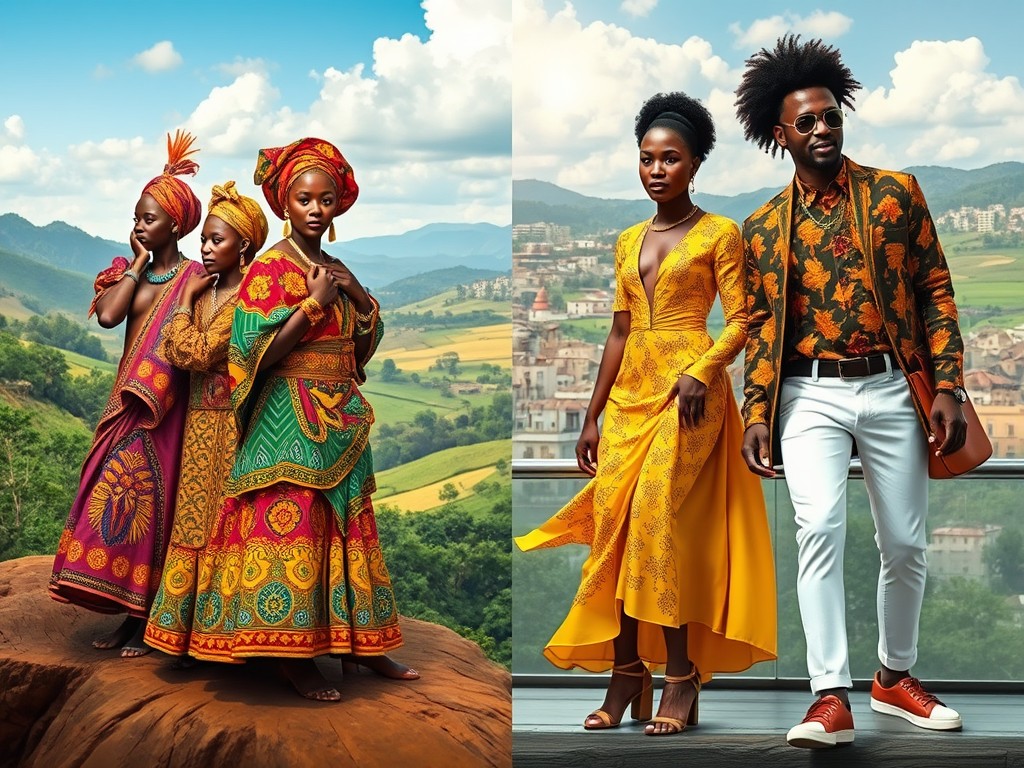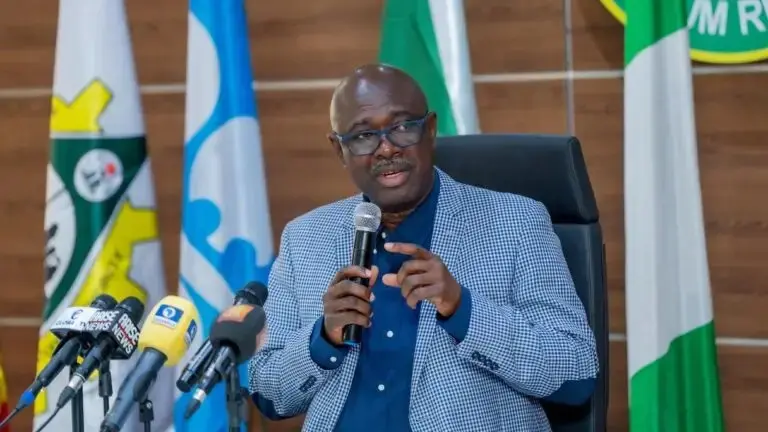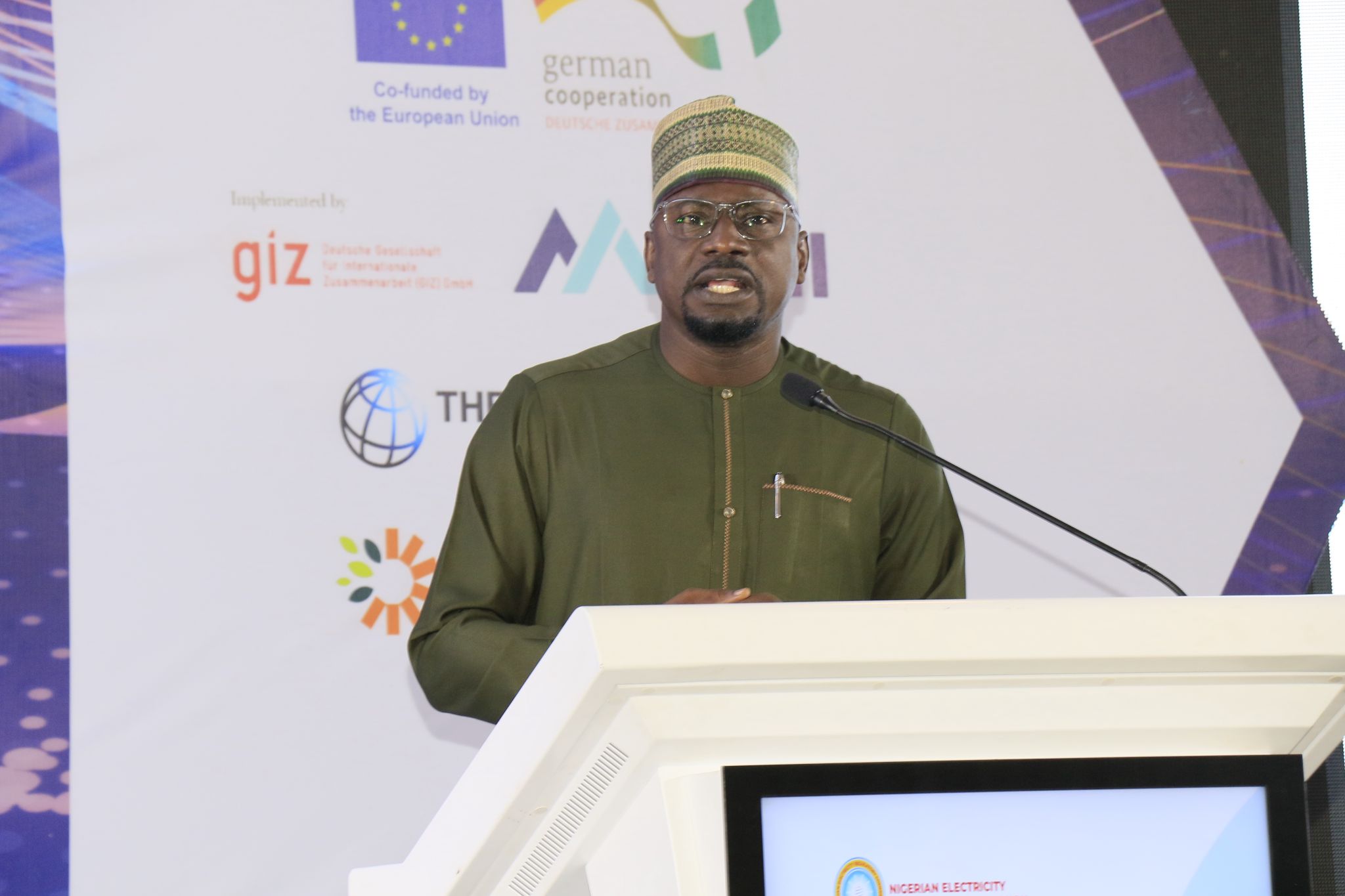Togo, a small yet vibrant West African nation, is a cultural mosaic where traditional values and modernity coexist, often blending seamlessly, but at times clashing. As Togo embraces globalization, urbanization, and technological advancements, the country faces the challenge of balancing its rich cultural heritage with the demands of modern life.
Traditional values in Togo are deeply rooted in its diverse ethnic communities, such as the Ewe, Kabye, and Tem, each contributing to the nation’s cultural identity. Practices such as respect for elders, communal living, and reverence for ancestral traditions are pillars of Togolese society. These values are expressed through festivals, music, dance, and storytelling, which serve as vehicles for passing down history and wisdom to younger generations.
The importance of family remains central in Togolese culture. Extended families often share responsibilities, providing a support system that is invaluable in both rural and urban settings. Traditional ceremonies, such as weddings and initiation rites, continue to play a significant role in affirming cultural identity and unity.
As Togo becomes more integrated into the global economy, modernity has brought significant changes to its social fabric. Urbanization is rapidly transforming cities like Lomé, where skyscrapers, international businesses, and modern infrastructure coexist with traditional markets and practices. Education, particularly among the youth, has also introduced new ideas and perspectives, creating a generation eager to explore opportunities beyond traditional boundaries.
Technology and social media have had a profound impact on Togolese culture. Platforms like WhatsApp and TikTok are connecting Togolese youth to global trends in fashion, music, and lifestyle. While this fosters creativity and innovation, it also raises concerns about the erosion of cultural values, as many young people adopt foreign habits and ideals.
The tension between tradition and modernity is evident in areas such as gender roles, family structures, and governance. For instance, traditional gender norms often prioritize men as breadwinners and decision-makers, while modern ideologies advocate for gender equality and women’s empowerment. This has led to debates on how to reconcile these perspectives without alienating either side.
Similarly, younger generations increasingly favor nuclear families and individualism over extended family systems, challenging the communal approach that has long defined Togolese society. The influence of Western governance models also sometimes conflicts with indigenous leadership systems, raising questions about political representation and cultural preservation.
Despite these challenges, Togo is finding ways to balance its traditional values with modernity. Cultural festivals like Evala Wrestling in Kara and the Voodoo Festival in Glidji continue to attract both locals and international tourists, showcasing the country’s rich heritage while boosting its economy.
Educational reforms that include local languages and cultural studies are helping bridge the gap between tradition and modernity, ensuring that younger generations remain connected to their roots while preparing for the future. Additionally, Togolese designers and artists are incorporating traditional motifs and techniques into modern fashion and art, creating a unique fusion that celebrates the old and the new.
Togo’s cultural evolution is a testament to its resilience and adaptability. By embracing modern advancements while preserving traditional values, the nation is crafting a unique identity that honors its past and looks forward to its future. This delicate balance requires ongoing dialogue, mutual respect, and innovative approaches to ensure that Togo’s cultural heritage remains a source of strength and pride for generations to come.




